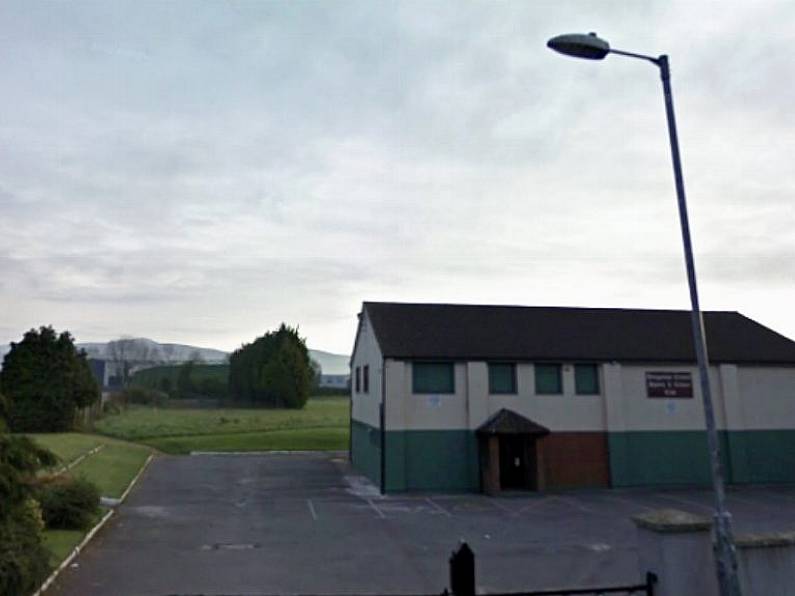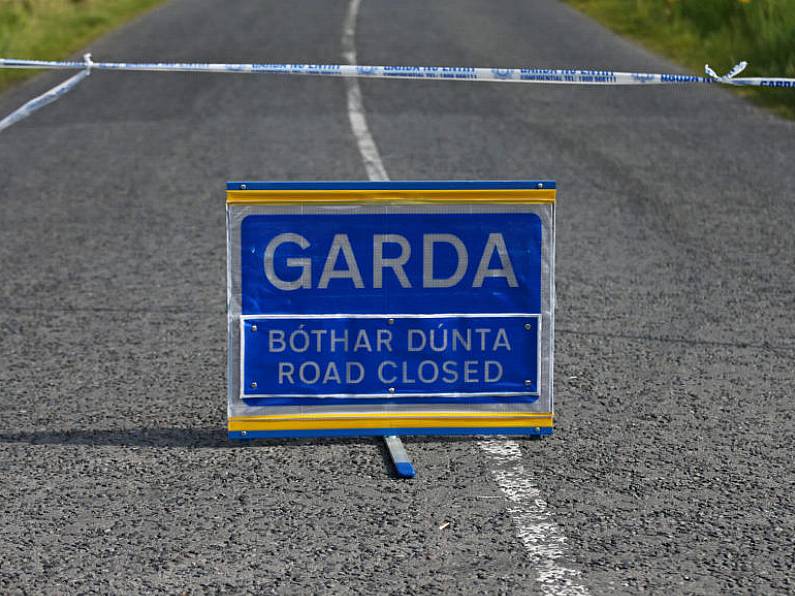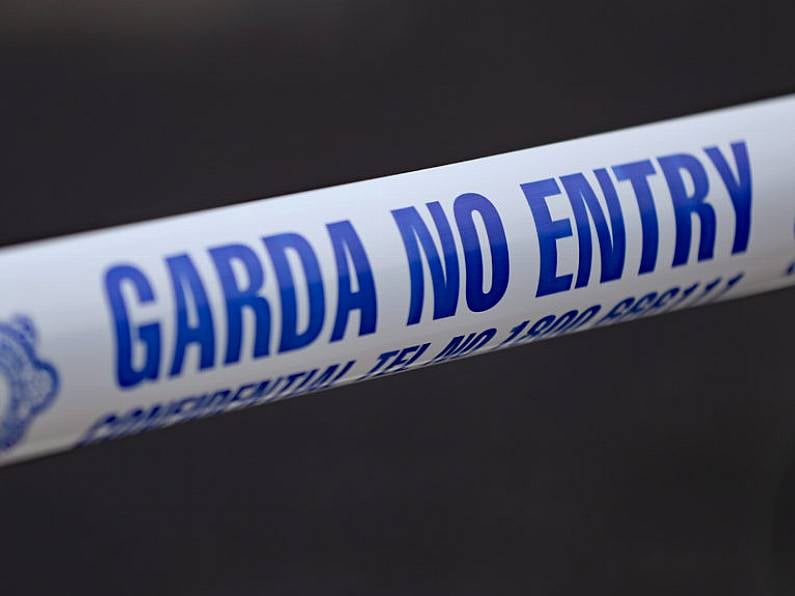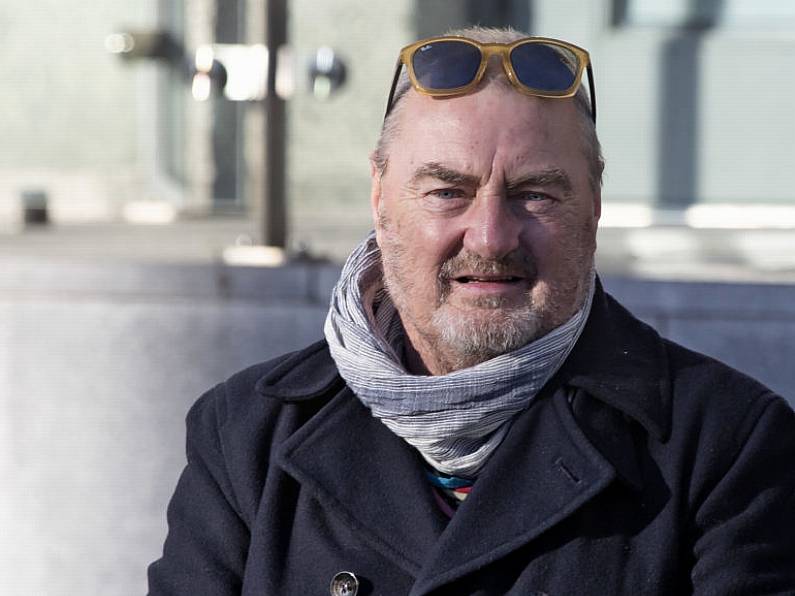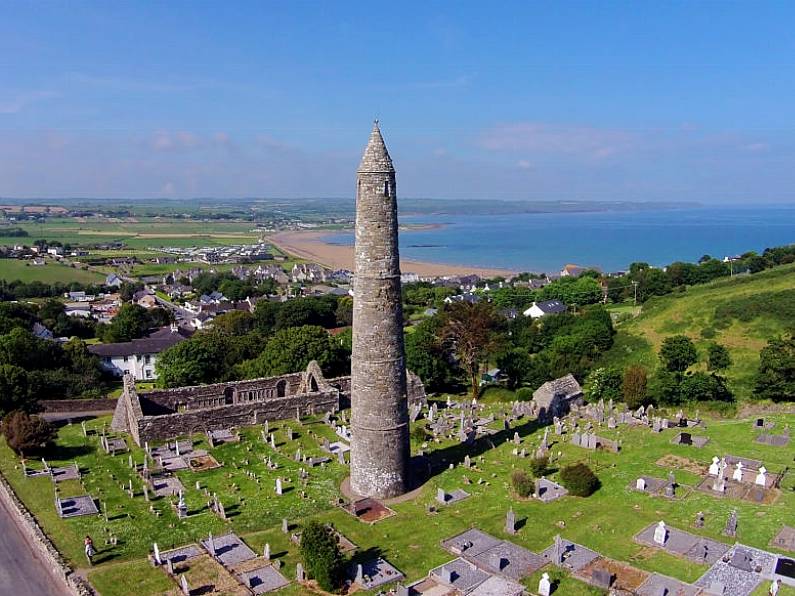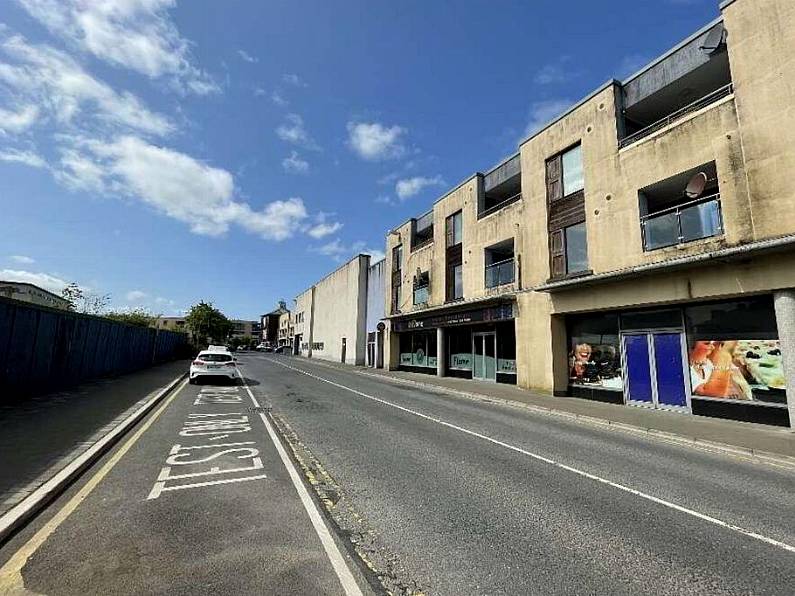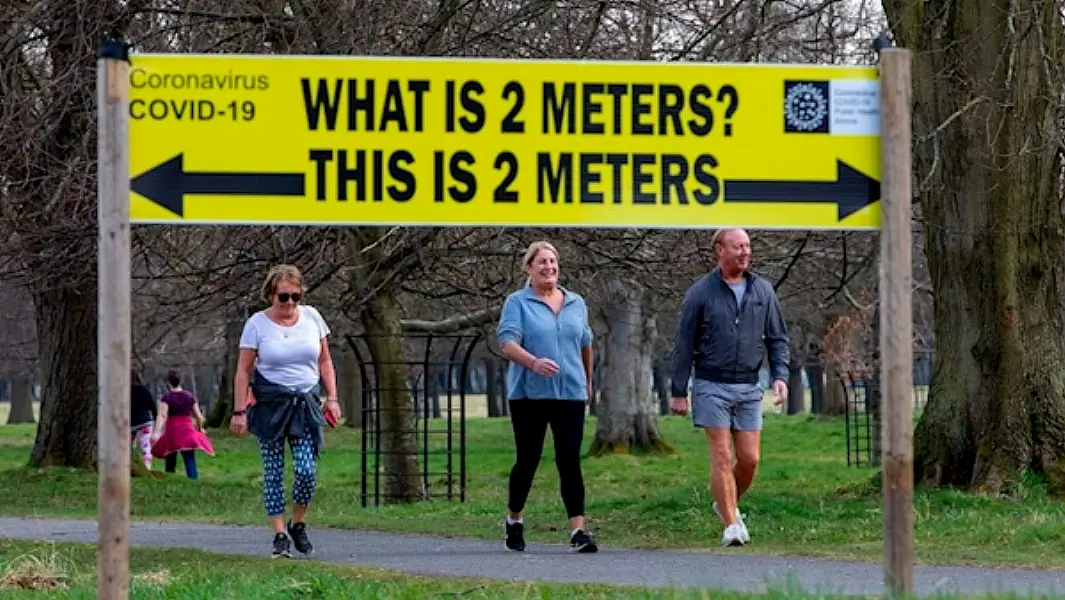
There have been two further Covid-19 deaths in the Republic of Ireland, while 234 additional cases have been confirmed.
For the first time since the 11th of September, Waterford is not included in the list of counties with high numbers of new cases. Of today's cases, 103 are in Dublin, 30 in Donegal, 22 in Galway, 21 in Cork, 13 in Wicklow, 12 in Louth. The rest are spread across 10 counties.
Dr Ronan Glynn, Acting Chief Medical Officer, Department of Health, said: "The single most important thing that people all across the country need to do now is to reduce their social contacts.
We all need to cut down on discretionary social activities. Meeting fewer people means fewer opportunities for the virus to transmit. Please prioritise who you choose to meet and try to keep your social network as small as possible."
Dr Una Fallon, Director of Public Health, HSE Midlands, said: "COVID-19 is highly contagious, and people can be infectious without symptoms. If you are a close contact of a confirmed case please follow the guidelines on hse.ie and restrict your movements for 14 days - do not go to school or work, do not have visitors to your home, do not go to the shop or pharmacy unless it is absolutely necessary. And to everyone, I would urge that you reduce the number of people you are in close contact with."
Dr Colm Henry, Chief Clinical Officer, HSE, said: "Earlier in this pandemic, we succeeded in flattening the curve through a common purpose and solidarity. Now, we face the more difficult task of suppressing the virus again while trying to protect education and healthcare settings.
"Every time you reduce your contacts, avoid a crowd, or choose to meet outdoors, or remember to keep your distance, know that you are a part of the frontline that protects our doctors, nurses, healthcare workers, and other staff working hard for us all in the Irish healthcare system."
Professor Philip Nolan, Chair of the NPHET Irish Epidemiological Modelling Advisory Group, said: "While 14-day incidence and daily incidence have stopped rising in the last few days, it is too early to conclude that there has been any change in the pattern of disease. The reproduction number over the last two weeks remains high, at between 1.5 and 1.7, growth rate between 5 and 6.1, and doubling time between 12 and 14 days.
"If we are starting to suppress the virus again, it is essential that we maintain this effort: limit our social contacts, limit mixing between households. The next ten days are critical."
Herd Immunity
The news comes as an adviser to the World Health Organisation said Ireland should allow Covid-19 to spread in a "controlled" way among people under 60.
Johan Giesecke, Sweden's former chief epidemiologist and a member of the WHO's strategic and technical advisory group for infectious hazards, made the comments at the Oireachtas coronavirus committee on Wednesday morning.
Several medical experts are appearing before the committee, which is examining options for eliminating community transmission of Covid-19.
Mr Giesecke said the Government should allow a controlled spread of the virus among people under 60 and concentrate on protecting the old and frail, with frequent tests of staff and residents in care homes.
A public health expert has warned that Dublin, currently on Level Three of the Government's Living with Covid-19 plan, could be moved to Level Four or Five if the number of cases continues to grow in the capital.
Professor Sam McConkey, head of the Department of International Health and Tropical Medicine at the Royal College of Surgeons in Ireland (RCSI), said now is the time to take action.
“The earlier we do it, the less duration and the less restrictive those measures will have to be,” he said.
The rate of Covid-19 cases has gone up in four or five counties to almost the same level as Dublin and action is required now, he added.
“Unfortunately, if the number of cases continues to rise, whether in Dublin or in those counties, then, unfortunately, the only sensible thing to do is to go up to Level Four or even Level Five.”






